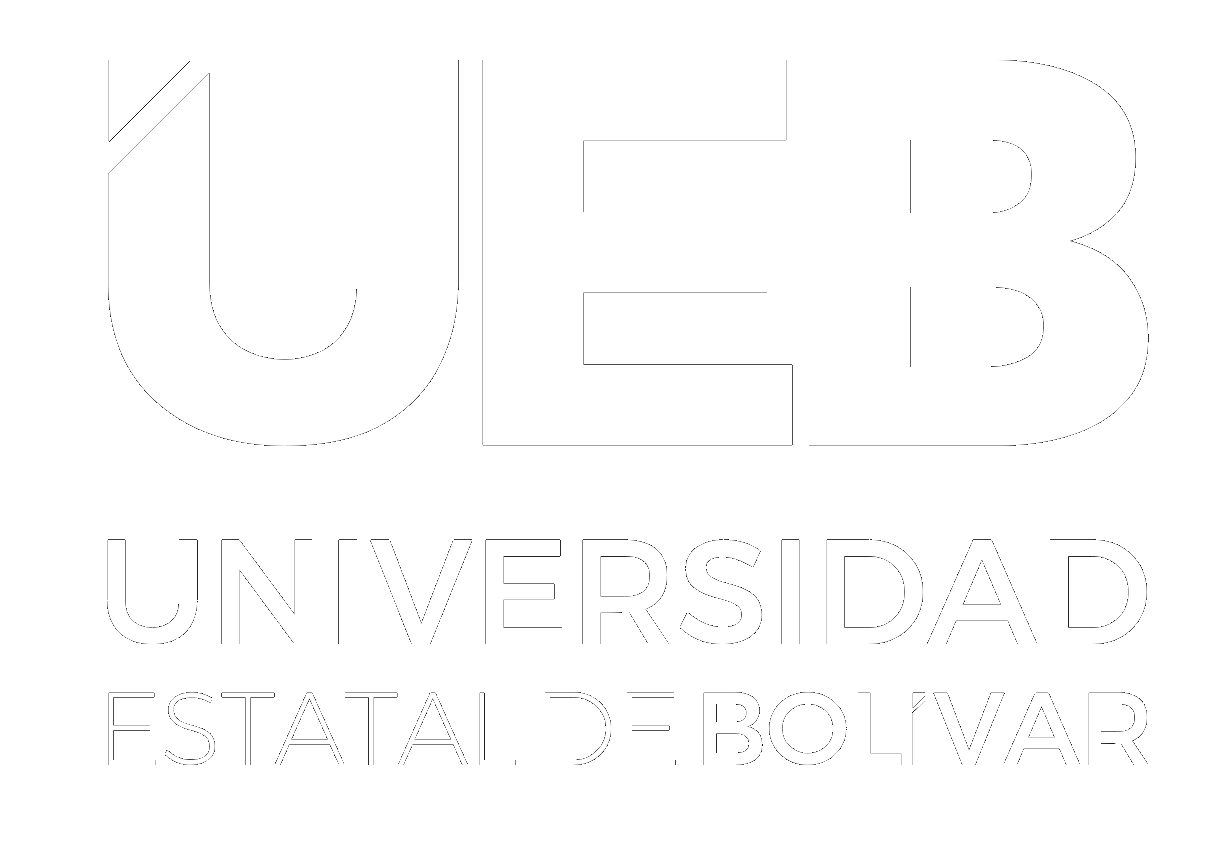Por favor, use este identificador para citar o enlazar este ítem:
https://dspace.ueb.edu.ec/handle/123456789/2944| Título : | Evaluación de diferentes niveles de harina de maracuyá (Pasiflora edulis) en la cría y acabado de pollos broiler |
| Autor : | Guillín Núñez, Rodrigo Veloz Bazantes, Juan Patricio |
| Palabras clave : | HARINA DE MARACUYÁ REMERAS POLLOS BROILER RICTUS |
| Fecha de publicación : | 2019 |
| Editorial : | Guaranda. Universidad Estatal de Bolívar . Facultad de Ciencias Aropecuarias, Recursos Naturales y del Ambiente . Medicina Veterinaria |
| Citación : | FCCAG.MVZ;146 |
| Resumen : | Se evaluó diferentes niveles de harina de maracuyá (pasiflora edulis) en la cría y acabado de pollos broiler, planteando el siguiente objetivo general: Evaluar diferentes niveles de harina de maracuyá en la cría y acabado de pollos Broiler y los objetivos específicos, 1.- Establecer el mejor nivel de harina de maracuyá en la cría y acabado de pollos Broiler y 2.-Determinar el análisis económico en la relación beneficio costo. Esta investigación se realizó en la ciudad de Guaranda Provincia de Bolívar con una altitud de 2800msnm teniendo una humedad promedio anual del 75% y una temperatura máxima de 24°C y mínima de 10°C. Dentro de las actividades pecuarias más importantes en el Ecuador está la avicultura, la misma que equivale al 13% aproximadamente del PIB Agropecuario en el 2012, con un consumo per cápita de carne de pollo de 32Kg/año. El fruto de maracuyá se produce en su totalidad a nivel nacional y como el objetivo de su producción son las bebidas y extractos, la mayor parte del fruto queda sin utilizar; Es así que se realizó esta investigación en la cual a la cascara de este fruto se lo proceso para obtener la harina de maracuyá y ser incorporada en la dieta alimenticia de las aves, para lo cual se usó esta harina de maracuyá en diferentes niveles de (10%) (12%) (14%) y también 192 pollos distribuidos en 4 tratamientos y 4 repeticiones con 12 pollos por repetición, en la cual se usó un Diseño de Bloques Completamente al Azar (DBCA) con igual repetición. Los tratamientos que fueron sometidos a la investigación con harina de maracuyá como suplemento alimenticio demostraron una gran diferencia significativa en las variables del Peso (P), Ganancia de eso (GP), Conversión alimenticia (CA), Análisis Hematológicos. Una vez realizado los análisis estadísticos se obtuvo que el T4 (Harina de maracuyá al 14%) Obtuvo un mejor peso promedio de 3322,9gr, una ganancia de peso de 3278,3gr y una conversión alimenticia de 0,99%. Además a esto se realizó un análisis a los 28 días en la cual el T4 obtuvo los valores dentro de las constantes hematológicas del pollo a diferencia del T1 que tenía una disminución de glóbulos rojos debido a que la harina de maracuyá posee gran cantidad de hierro y otro análisis a los 42 días estando estos valores dentro de las constantes hematológicas del pollo. |
| Descripción : | Different levels of passion fruit flour (Pasiflora edulis) were evaluated in the breeding and finishing of broiler chickens, proposing the following general objective: Evaluate different levels of passion fruit flour in the broiler breeding and finishing of Broiler chickens and the specific objectives, 1. - Establish the best level of passion fruit flour in the broiler breeding and finishing. 2. - Determine the economic analysis in the benefit-cost ratio. This investigation was made in the city of Guaranda Province of Bolívar with an altitude of 2800msnm having an average annual humidity of 75% and a maximum temperature of 24 ° C and a minimum of 10 ° C. Among the most important livestock activities in Ecuador is poultry farming, which is equivalent to approximately 13% of agricultural GDP in 2012, with a per capita consumption of chicken meat of 32Kg / year. The fruit of maracuyá is produced in its totality at national level and like the objective of its production they are the drinks and extracts, most of the fruit remains without using; Thus, this research was carried out in which the cascara of this fruit is processed to obtain the passion fruit flour and incorporated into the diet of the birds, for which this passion fruit flour was used in different levels of (10%) (12%) (14%) and also 192 chickens distributed in 4 treatments and 4 repetitions with 12 chicks per repetition, in which a Design of Completely Random Blocks (DBCA) with the same repetition was used. The treatments that were submitted to the investigation with passion fruit flour as a nutritional supplement showed a significant difference in the variables of Weight (P), Gain of that (GP), Food conversion (CA), Hematological Analysis. Once the statistical analyzes were carried out, it was obtained that T4 (passion fruit flour at 14%) obtained a better average weight of 3322.9 g, a weight gain of 3278.3 g and a feed conversion of 0.99%. In addition, a 28-day analysis was performed in which the T4 obtained the values within the hematological constants of the chicken, in contrast to the T1 that had a decrease in red blood cells because the passion fruit flour has a large amount of iron and another analysis at 42 days, these values being within the hematological constants of the chicken. |
| URI : | http://dspace.ueb.edu.ec/handle/123456789/2944 |
| Aparece en las colecciones: | Medicina Veterinaria y Zootécnica |
Ficheros en este ítem:
| Fichero | Descripción | Tamaño | Formato | |
|---|---|---|---|---|
| Proyecto de Investigación Juan Veloz.pdf | 6,24 MB | Adobe PDF | Visualizar/Abrir |
Los ítems de DSpace están protegidos por copyright, con todos los derechos reservados, a menos que se indique lo contrario.

